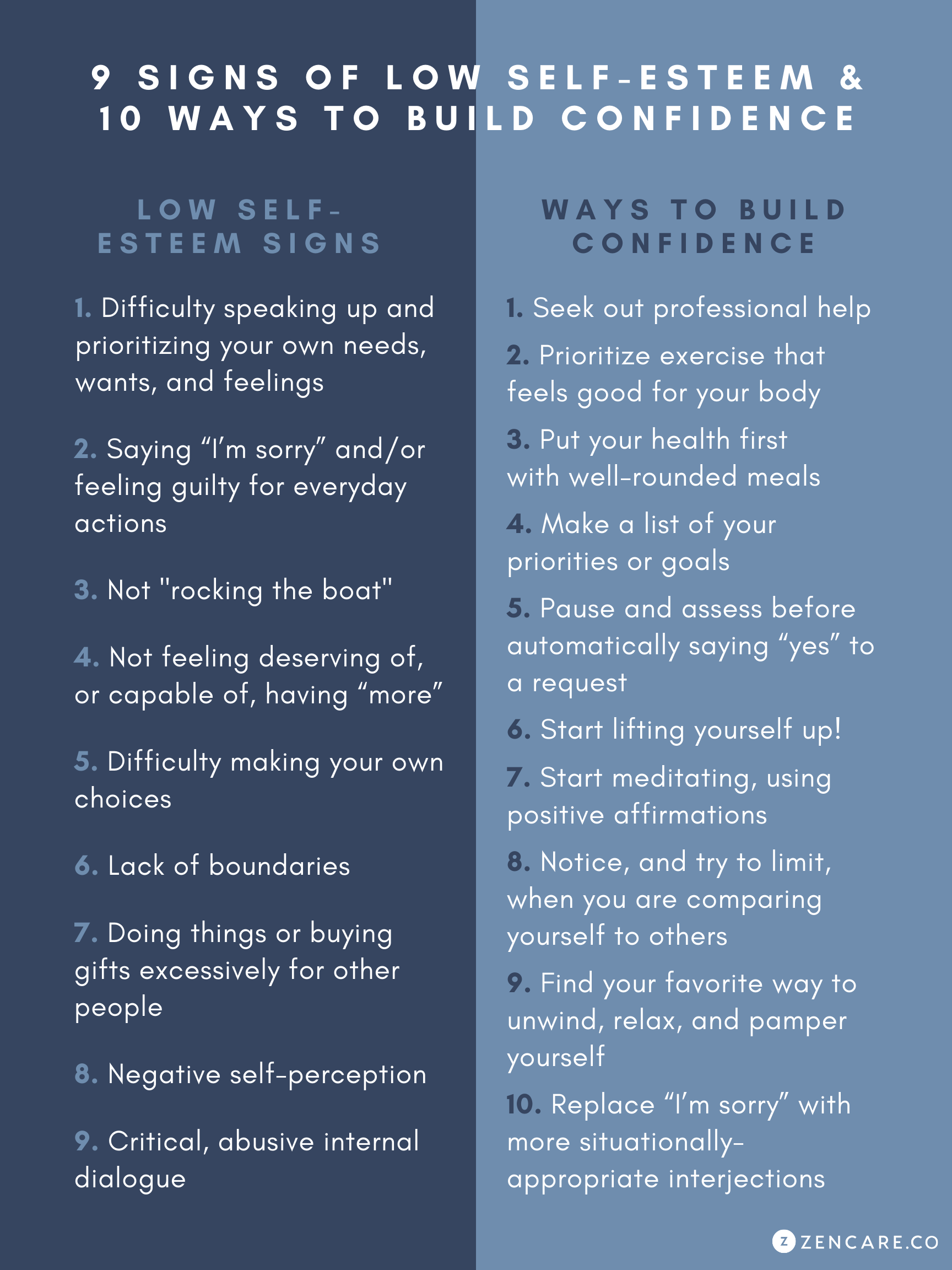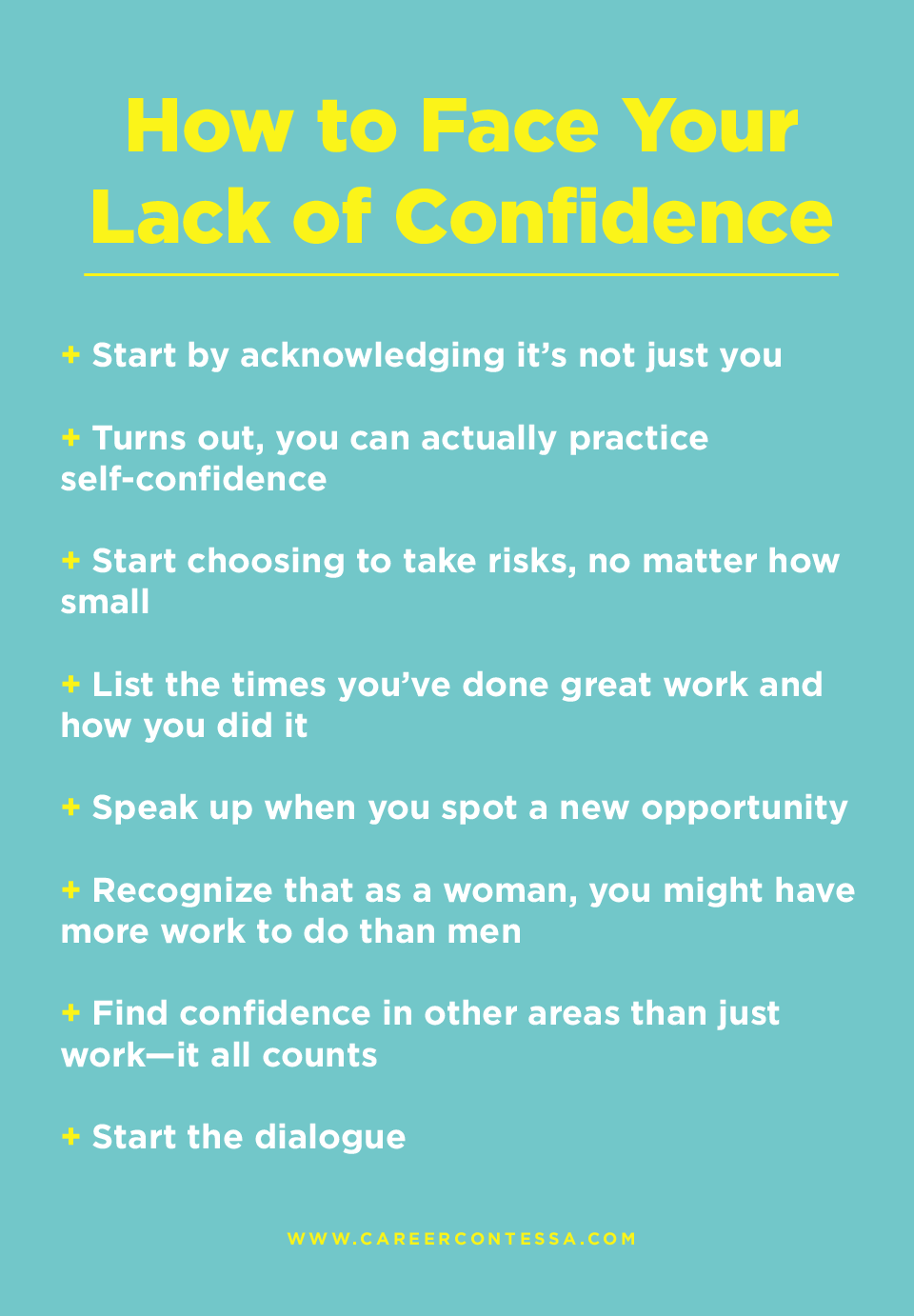How To Overcome Lack Of Self Confidence

In a world that often prioritizes outward achievements, a quiet struggle persists within many: a lack of self-confidence. This pervasive issue, impacting individuals across all demographics, can hinder personal growth, professional success, and overall well-being. But overcoming this internal barrier is possible, with practical strategies and a shift in perspective.
This article explores evidence-based techniques for building self-assurance, offering actionable advice for those seeking to break free from the shackles of self-doubt. Understanding the root causes of low self-esteem is the first step towards cultivating a stronger sense of self-worth.
Understanding the Roots of Self-Doubt
Low self-confidence rarely arises in a vacuum. Often, it stems from a complex interplay of factors. These include early childhood experiences, societal pressures, and negative self-talk.
According to the American Psychological Association, negative experiences like bullying or harsh criticism during formative years can significantly impact an individual's self-perception. Social media, with its curated portrayals of perfection, also contributes to feelings of inadequacy, fueling the comparison trap.
Practical Strategies for Building Confidence
Fortunately, low self-confidence is not a fixed trait. It's a learned behavior that can be unlearned through conscious effort and consistent practice. There are several evidence-based strategies that can help individuals cultivate a stronger sense of self-worth.
Challenge Negative Thoughts
One of the most effective techniques is to challenge negative self-talk. Become aware of the inner critic and actively question its validity. Are these thoughts based on facts or assumptions?
Replace negative thoughts with positive affirmations. Instead of thinking, "I can't do this," try, "I can learn and improve with practice."
Set Achievable Goals
Setting realistic and achievable goals provides a sense of accomplishment. Break down larger goals into smaller, manageable steps. Celebrate each milestone to reinforce positive progress.
Focus on Strengths
Instead of dwelling on weaknesses, identify and focus on your strengths. Make a list of your skills and talents. Find opportunities to use them in your personal and professional life.
Practice Self-Compassion
Treat yourself with the same kindness and understanding you would offer a friend. Acknowledge your imperfections and accept that everyone makes mistakes. Self-compassion is crucial for building resilience.
Embrace Failure as a Learning Opportunity
Fear of failure often paralyzes individuals, preventing them from taking risks and pursuing their goals. Reframing failure as a learning opportunity is essential. Every setback provides valuable insights for future growth.
Dr. Carol Dweck, a renowned psychologist at Stanford University, emphasizes the importance of a growth mindset. "In a growth mindset, challenges are exciting rather than threatening. So rather than thinking, oh, I'm going to reveal my weaknesses, you say, wow, here's a chance to grow."
Seek Support
Don't hesitate to seek support from friends, family, or a therapist. Talking to someone you trust can provide valuable perspective and emotional support. Consider joining a support group where you can connect with others facing similar challenges.
According to the National Alliance on Mental Illness (NAMI), seeking professional help is a sign of strength, not weakness. Therapists can provide evidence-based strategies for managing anxiety and building self-esteem.
The Ripple Effect of Confidence
Building self-confidence has a ripple effect, positively impacting various aspects of life. Confident individuals are more likely to take risks, pursue their passions, and achieve their goals.
They are also better equipped to handle challenges, build strong relationships, and contribute meaningfully to society. A confident workforce is a more productive and innovative workforce.
"Believe you can and you're halfway there." - Theodore Roosevelt
The journey to self-confidence is a marathon, not a sprint. It requires patience, persistence, and a willingness to embrace vulnerability. By implementing these strategies and cultivating a positive mindset, individuals can overcome self-doubt and unlock their full potential.









:max_bytes(150000):strip_icc()/i-m-not-good-at-anything-combatting-low-self-esteem-5216365-final-6a475adfdda244b4b2b7a6bbcec67f18.png)








